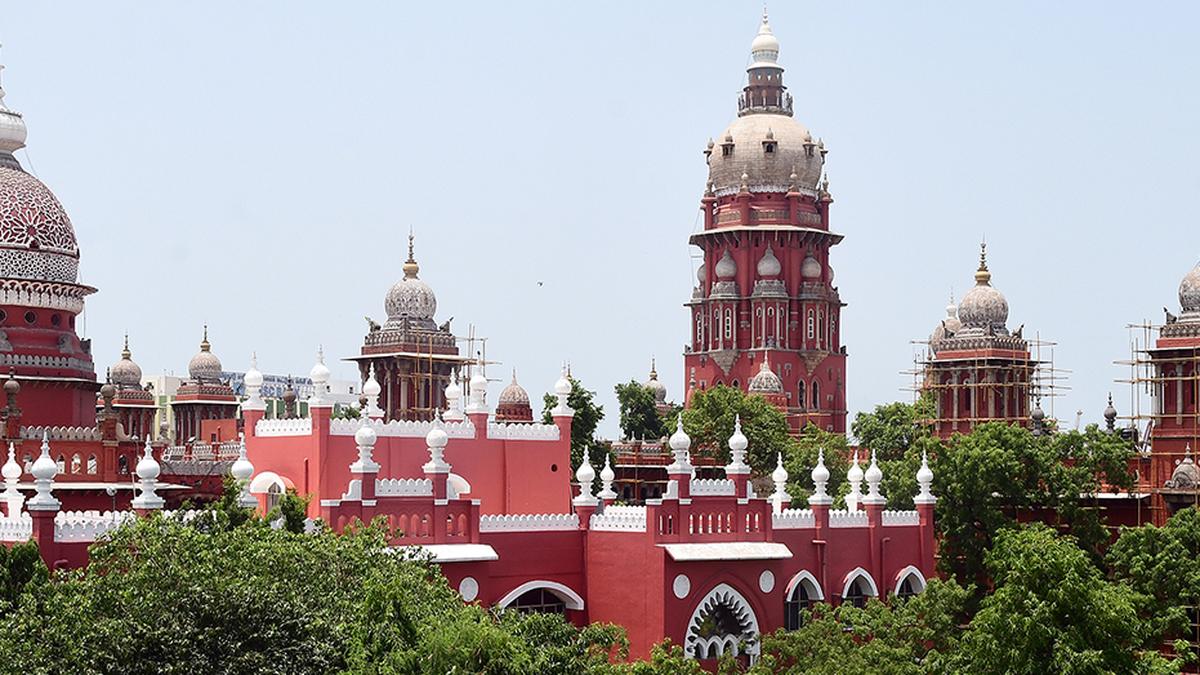
Create centralised online portal for verifying community certificate claims, Madras High Court directs Tamil Nadu government
The Hindu
Madras High Court directs State government to create online portal for community certificate applications to ensure access to education and employment.
Disapproving of the practice of rejecting community certificate applications on the ground that they should be submitted only in the native district and not in the district where the applicant was residing, the Madras High Court has directed the State government to come up with a centralised online portal for submitting the applications and verifying the claims.
First Division Bench of Acting Chief Justice (ACJ) D. Krishnakumar and Justice P.B. Balaji said the online portal should enable filing of applications from any place irrespective of the residence or nativity of the applicant, and contain provisions for the officials concerned to cross-check the community status of the applicant with that of his/her relatives residing in the native district.
“A time schedule should also be fixed for conclusion of the entire procedure without causing any unnecessary delay, so as to enable the applicant, who belongs to the marginalised community, to have access to education and employment opportunities,” the Division Bench said and directed State Government Pleader A. Edwin Prabakar to obtain necessary instructions in this regard by Thursday.
The interim directions were issued on a writ petition filed by V. Mahalakshmi of Kilnathur in Tiruvannamalai district. The petitioner had claimed to have applied for Scheduled Tribe (Kattunayakan) community certificate on the strength of similar certificates issued to her father by the Wallajah Taluk Tahsildar in Vellore district in 1989 and her sister by the Ranipet Revenue Divisional Officer (RDO).
She had made the application to the Tiruvannamalai RDO, since her matrimonial home was located under the latter’s jurisdiction. The RDO rejected her application, and the rejection was confirmed by the Collector too on August 20 this year on the ground that the application could be made only in the native district where the applicant’s parents/ancestors were residing or had resided.
“In the normal course, though we would not have entertained the writ petition in as much as the appeal filed by the petitioner has been rejected by the Collector on August 20, 2024, but, of late, we have noticed that a large number of applicants seeking issuance of community certificates are approaching this court challenging identical orders passed by the Collectors of various districts,” the Bench remarked.
It further stated: ‘The primary purpose of issuing community certificate is to uplift the marginalised communities by ensuring access to education and employment. Tamil Nadu is known to be the frontrunner in offering cutting-edge solutions for e-governance. Despite the availability of state-of-the-art technology, if no relief is granted to an applicant and he/she is made to run from pillar to post, then the only solution is to combat red tapism and simplify the entire procedure.”













